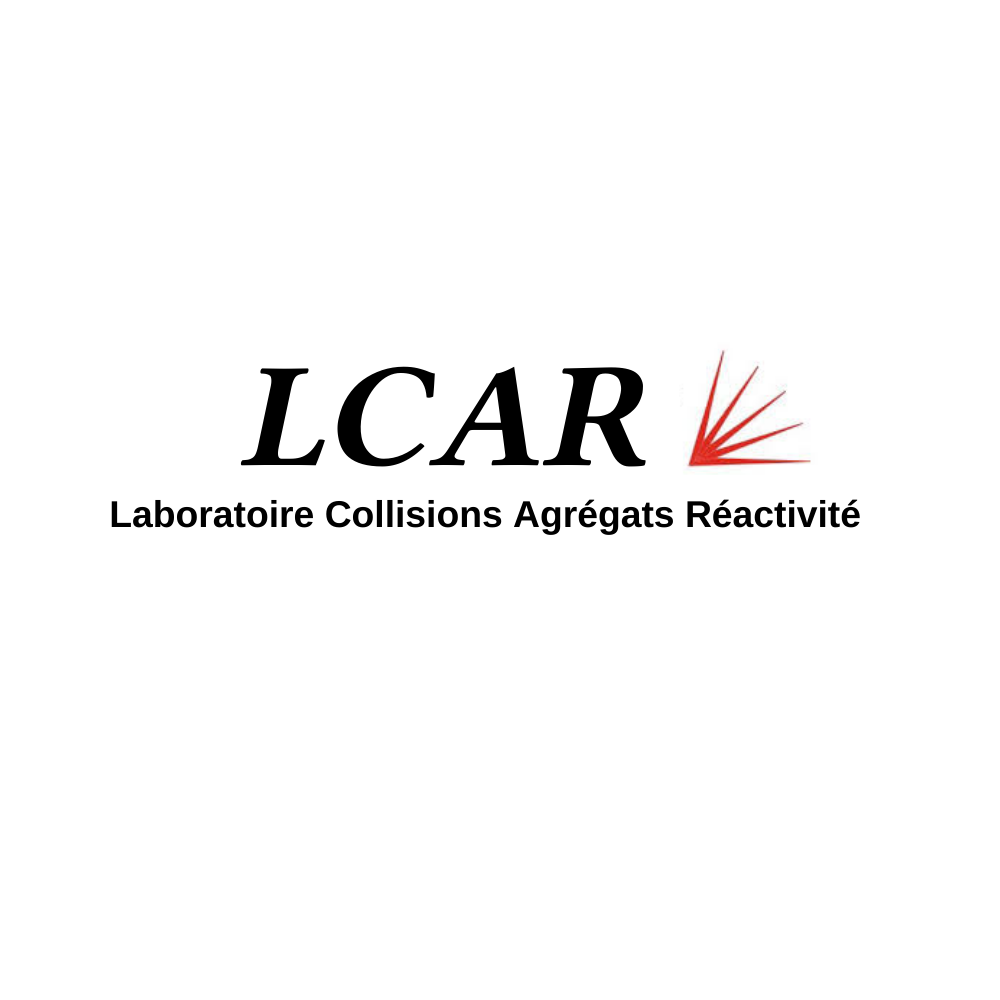Theoretical study of the photoexcitation of dopants in superfluid helium nanodroplets
CHEMISTRY & GREEN CHEMISTRY

Lab: LCAR
Duration: NanoX master Internship (8 months part-time in-lab immersion)
5 months full-time internship
6 months full-time internship
Latest starting date: 30/11/2023
Localisation: LCAR
Supervisors:
Nadine HALBERSTADT Nadine.Halberstadt@irsamc.ups-tlse.fr
Ernesto GARCÍA ALFONSO ernestogarciaalfonso96@gmail.com
Work package:
The goal of this project is to study the dynamics induced by photoexcitation or ionization of a dopant in or on a superfluid helium nanodroplet. Helium nanodroplets are large helium clusters (typically thousands to several hundred billions of atoms) exhibiting remarkable properties : very low temperature (0.4 K), superfluidity, weak interaction with the dopant, very high thermal conductivity and very fast relaxation dynamics. This makes them an exceptional environment for dynamics studies [1]. During the past few years, several dynamics experiments have been conducted on these systems using highly sophisticated techniques : real time femtosecond pump-probe experiments, velocity map imaging, ...
From a theoretical point of view, it is a serious challenge to study the real time dynamics
of these systems because of the strong quantum effects due to the light mass of helium. Helium density functional theory (He-DFT) and its time-dependent version (He-TDDFT), which deal with the helium density rather than the many-body helium wave function, have emerged as an optimal compromise between accuracy and the ability to work with large numbers of helium atoms [2]. We will apply them to one of the following cases: dynamics initated by photoexcitation of a dopant atom or molecule, or solvation dynamics upon sudden ionization of a dopant, or Coulomb explosion of a two-dopant system used as a probe signal.
This training will be conducted in collaboration with the team of M. Barranco and M. Pi
from the University of Barcelona, who are experts in the He-(TD)DFT methods, and with the experimental team of Kristensen (Aarhus, Denmark).
References:
[1] S. Grebenev, J.P. Toennies et A.F. Vilesov, Science 279 , 2083 (1998)
[2] F. Ancilotto et al., Int. Rev. Phys. Chem. 36, 621-707 (2017)
[3] H. H. Kristensen, L. Kranabetter, C. A. Schouder, C. Stapper, J. Arlt, M. Mudrich and H. Stapelfeldt, Phys. Rev. Lett. 128, 093201 (2022)
Areas of expertise:
Quantum molecular dynamics; superfluid helium
Required skills for the internship:
Very good knowledge of quantum mechanics and quantum atomic and molecular dynamics; FORTRAN 90 programming skills, or at least some programming experience.
